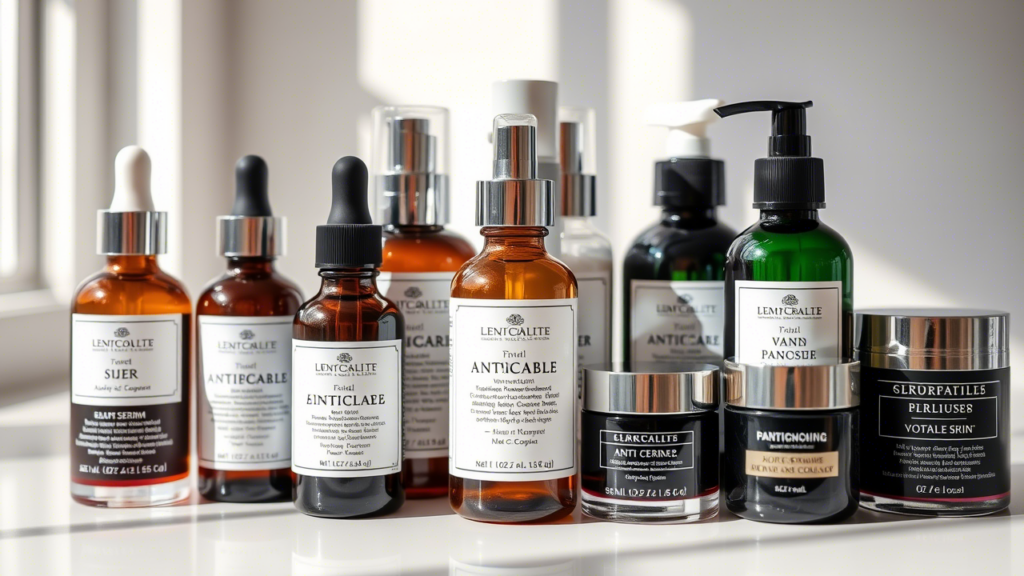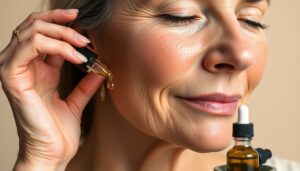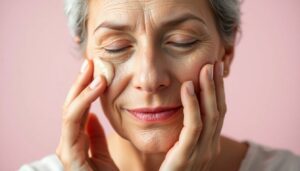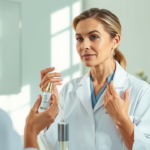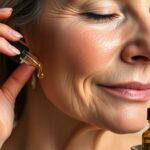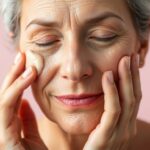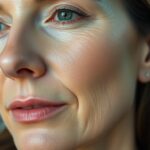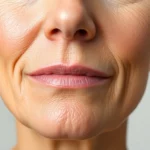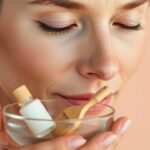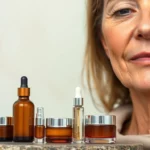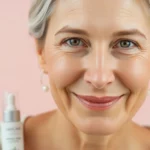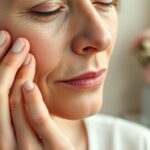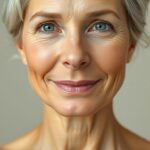Ever looked in the mirror and wished time hadn’t taken its toll? Everyone wants radiant, youthful skin. While aging is inevitable, understanding the process helps us fight it. This guide covers the best anti-aging products and offers personalized tips to help you achieve glowing skin.
Understanding Skin Aging
Skin aging refers to the changes your skin undergoes as you age. It’s influenced by intrinsic (internal) and extrinsic (external) factors. Let’s explore both.
Intrinsic Aging Factors
Intrinsic aging is determined by genetics. It involves reduced collagen production and slower cell turnover. Collagen keeps skin firm, but its production decreases with age. Slower cell turnover leads to wrinkles and a tired appearance.
Extrinsic Aging Factors
External factors accelerate aging. Sun exposure is the biggest culprit—UV rays damage collagen and elastin. Pollution, smoking, and poor nutrition also contribute to premature aging.
What to Look for in Anti-Aging Products
Certain ingredients are proven to combat aging. Look for these in your skincare products for effective results.
Retinoids
Retinoids, like retinol and tretinoin, boost collagen production and speed up cell turnover. They reduce wrinkles and improve skin texture. Start slowly to avoid irritation.
Antioxidants
Antioxidants fight free radicals, which damage skin cells. Key antioxidants include:
- Vitamin C: Brightens skin and protects against sun damage. Use it in the morning.
- Vitamin E: Moisturizes and reduces inflammation.
- Niacinamide: Reduces redness, minimizes pores, and evens skin tone.
Peptides
Peptides are amino acids that promote collagen production. They help plump skin and improve elasticity, reducing the appearance of wrinkles.
Hyaluronic Acid
Hyaluronic acid is a hydration hero. It retains water, plumping and hydrating skin to minimize fine lines and create a youthful glow.
Building a Skincare Routine for Youthful Skin
A consistent skincare routine is essential for combating aging. Follow these steps for optimal results.
Cleansing
Use a gentle, hydrating cleanser to avoid stripping natural oils. Harsh soaps can cause dryness and irritation.
Serums and Treatments
Serums deliver potent ingredients. Layer them properly—use retinoids at night and antioxidants in the morning. Incorporate peptides for added benefits.
Moisturizing
Moisturizer is a must for all skin types. Mature skin needs extra hydration. Choose a moisturizer suited to your skin type.
Sun Protection
Sunscreen is your best defense against premature aging. Apply a broad-spectrum SPF 30 or higher daily, even on cloudy days.
Treating Specific Signs of Aging
Targeted products address specific aging concerns like wrinkles, age spots, and loss of firmness.
Wrinkles and Fine Lines
Use retinoids, peptides, and hyaluronic acid to reduce wrinkles. Wrinkle fillers and Botox alternatives offer instant results.
Age Spots and Hyperpigmentation
Fade dark spots with vitamin C, niacinamide, and AHAs. Exfoliation with AHAs and BHAs removes dead skin cells, revealing brighter skin.
Loss of Firmness and Elasticity
Boost collagen and elastin production with peptides, retinoids, and growth factors. These ingredients improve skin elasticity and firmness.
Selecting the Right Products for Your Skin Type
Skincare isn’t one-size-fits-all. Customize your routine based on your skin type for the best results.
Dry Skin
Choose rich, hydrating products with hyaluronic acid, shea butter, and ceramides. Use gentle cleansers and thick moisturizers to combat dryness.
Oily Skin
Opt for lightweight, oil-free formulas that won’t clog pores. Ingredients like salicylic acid and niacinamide help regulate oil production.
Sensitive Skin
Use hypoallergenic, fragrance-free products. Patch test new products to avoid irritation. Look for calming ingredients like aloe vera and chamomile.
Conclusion
Creating the best anti-aging routine requires the right ingredients, consistency, and patience. Consult a dermatologist for personalized recommendations. With the right approach, you can achieve radiant, youthful skin.
